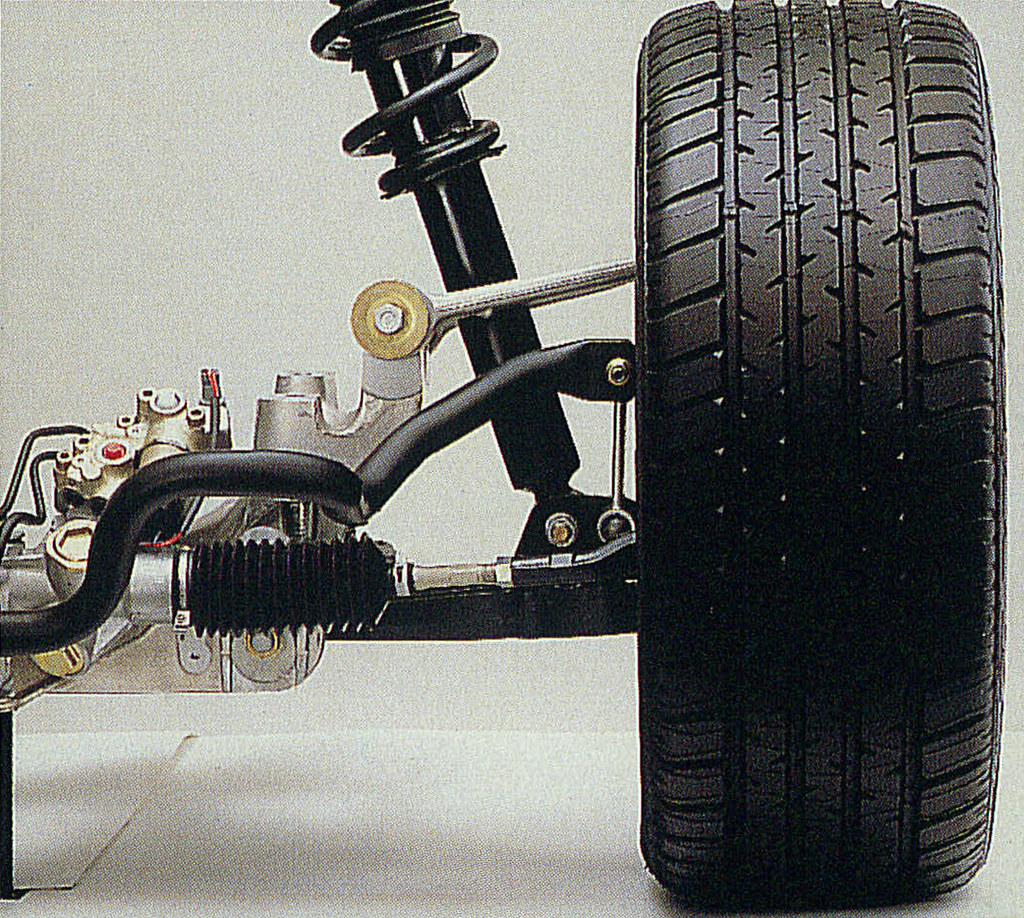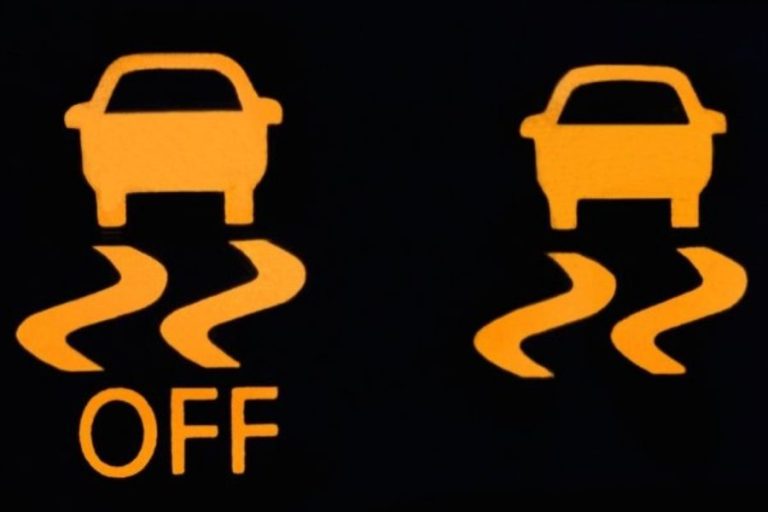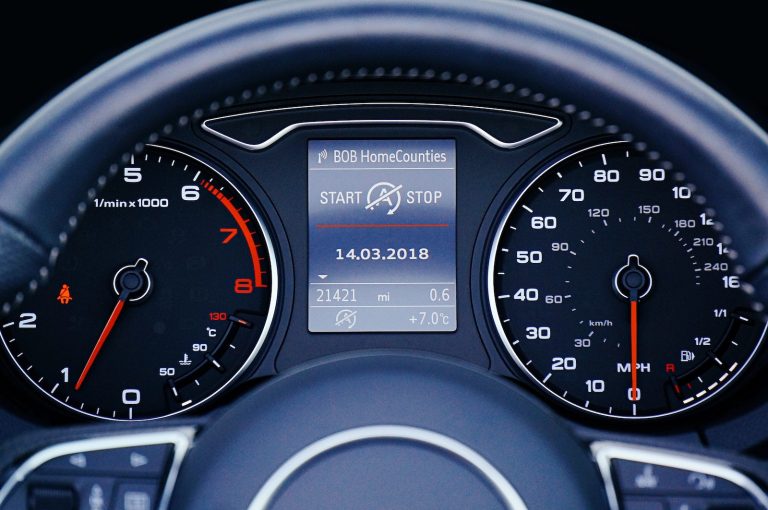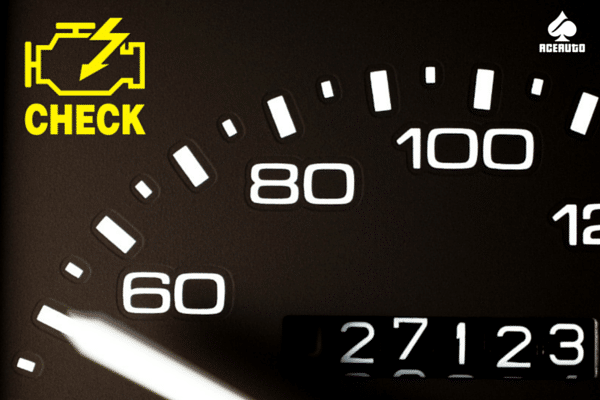You’re cruising down the road in your trusty Toyota, and suddenly, your dashboard starts lighting up like a Christmas tree. The ABS brake and traction control lights are on, and you’re left wondering what’s gone wrong. Don’t panic! This comprehensive guide will explore why these warning lights might be on in your Toyota and, more importantly, how to fix them. Buckle up, and let’s get started!

Understanding the ABS Brake and Traction Control Lights
First things first, what are these mysterious lights trying to tell you? When the ABS (Anti-lock Braking System) and traction control lights illuminate, it’s your car’s way of saying, “Hey, there might be an issue with your braking system!” These systems are essential for keeping you safe by preventing wheel lock during braking and maintaining stability when driving on slippery surfaces.
Common Culprits Behind the Lights
So, why are these lights on in the first place? Let’s dive into some of the usual suspects:
1. Wheel Speed Sensor Gremlins: A mischievous wheel speed sensor is one of the most common reasons for these lights. These sensors monitor the speed of each wheel, and if one goes haywire, it can trigger the warning lights.
2. Low Brake Fluid Drama: Low brake fluid levels can sometimes cause these lights to glow ominously on your dashboard. It’s crucial to check your brake fluid reservoir regularly.
3. Brake System Blues: Issues within your brake system, such as worn-out brake pads or damaged brake lines, can also be responsible for the unwelcome light show.
4. Troublesome ABS Module: In some cases, the ABS control module may be acting up. If it malfunctions, it can give rise to the persistent illumination of these lights.

Troubleshooting and Solutions
Now that we’ve identified the potential culprits let’s roll up our sleeves and explore how to deal with these pesky lights:
Investigate the Wheel Speed Sensors
Start by inspecting each wheel’s speed sensor. Look for damage or debris that might be interfering with its operation. Sometimes, a good cleaning or sensor replacement is needed to make the lights disappear.

Check Your Brake Fluid Levels
Pop the hood and take a peek at your brake fluid reservoir. If it’s running on the low side, top it up with the manufacturer-recommended brake fluid. This simple step might be all it takes to extinguish those warning lights.
A Deeper Dive into Your Brake System
If the lights persist, it’s time to call in the professionals. Have a certified mechanic inspect your entire brake system. They’ll look for worn-out components, leaks, and any other issues hiding beneath the surface. Timely maintenance can prevent further problems down the road.
The ABS Module Mystery
Diagnosing the ABS control module might be necessary if all else fails and the lights refuse to go away. This isn’t a DIY job; you’ll need specialized equipment and the expertise of a professional mechanic. They’ll be able to pinpoint whether the module itself is the culprit.
Frequently Asked Questions
Let’s tackle some burning questions that often arise when dealing with these warning lights:
Q: Can I continue driving with these lights on?
A: Driving with these lights is not recommended while your car may still function. Your vehicle might not perform optimally during emergency stops or on slippery roads, potentially compromising your safety.
Q: Are ABS and traction control the same thing?
A: No, they’re not. ABS helps prevent wheel lock during braking, while traction control aids in maintaining stability when you accelerate on slippery surfaces.
Q: How much will it cost to repair these issues?
A: The cost of repairs can vary widely depending on the root cause and your location. Replacing a wheel speed sensor can be inexpensive while fixing or replacing the ABS module can be a more significant investment.
Q: Can I reset these lights myself?
A: You can reset the lights by disconnecting your vehicle’s battery for a few minutes. However, keep in mind that this may only provide a temporary solution. If the underlying issue persists, the lights will likely return.
Q: Do I need a professional mechanic?
A: For accurate diagnosis and safe repairs, it’s advisable to consult a certified mechanic who specializes in brake systems. They have the expertise and equipment needed to address the problem effectively.
Q: Does the warranty cover these issues?
A: Sometimes, these issues may be covered under your vehicle’s warranty. It’s a good idea to check with your Toyota dealership for warranty information and eligibility.
In Conclusion
Facing the ABS brake and traction control lights on in your Toyota can be nerve-wracking, but armed with the proper knowledge and steps, you can resolve the issue and drive confidently once more. Always prioritize safety, and don’t hesitate to seek professional assistance if needed. Your safety on the road is paramount, and addressing these warning lights promptly is a step in the right direction.







